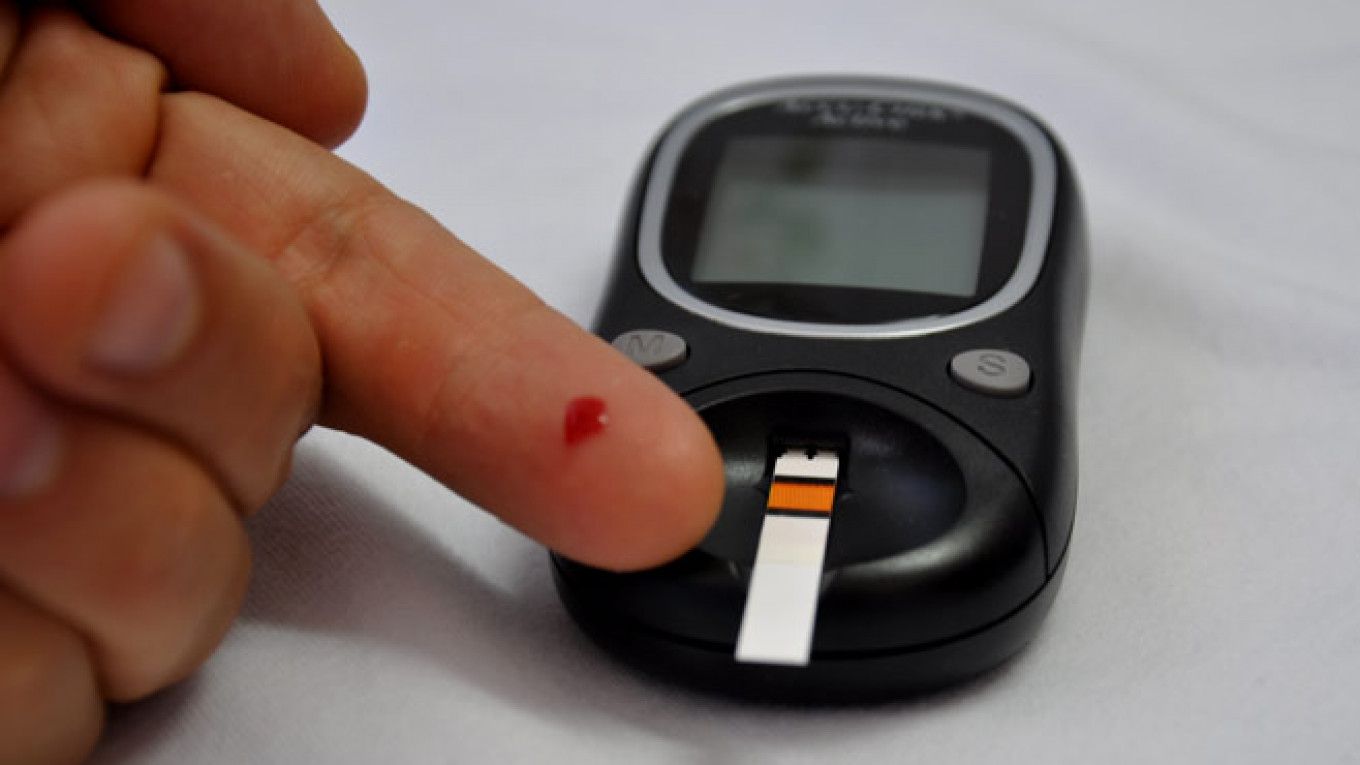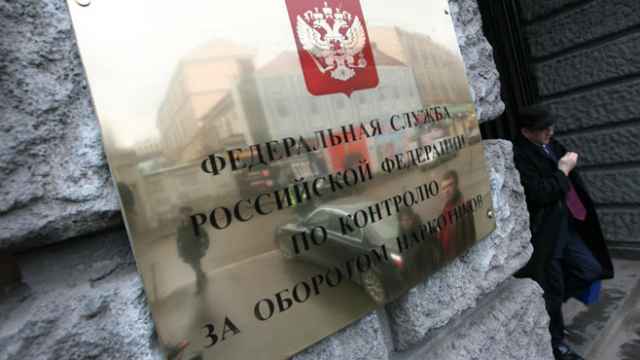The prevalence of diabetes, particularly type 2 diabetes, is rapidly increasing in most countries in the world. The increase of cases in Russia is a cause for concern — one out of every two people does not know they have the disease, as initially it does not show any symptoms. Four million people have been diagnosed with diabetes in Russia, and almost 6 million people are unaware of their disease.
According to the International Diabetes Federation, there are 387 million people living with diabetes worldwide today, and it is estimated that by 2035, some 592 million people will be living with it. The burden on the economy is considerable. In Russia, the annual cost of caring for diabetic patients is $12.5 billion.
According to statistics from the World Health Organization (WHO,) there are 60 million people with diabetes in the European region, or about 10.3% of men and 9.6% of women aged 25 and over. In the U.S., 29 million people have diabetes, up from the previous estimate of 26 million in 2010.
Between 40 to 50 percent of newly diagnosed people have one or more complications. Kidney disease, one of diabetes' most common complications, may lead to kidney failure. Other complications are diabetic retinopathy, which affects blood vessels in the retina; damage of lower-extremity blood vessels, which may lead to gangrene and amputations; and arteriosclerotic changes of the major blood vessels, which increase the risk of heart attacks and strokes.
These complications are important not only from the point of view of people's health but also for their economic impact. More than 90 percent of diabetes expenditures are for the treatment of diabetes-related complications. Russia's Federal Targeted Program on Diabetes states that diagnosing diabetes and treating its complications earlier can result in significant savings.
If one takes into consideration the increase in the number of cases of diabetes and the increase in life expectancy, one can predict that there will also be a steady increase in the number of diabetes patients who have complications. This is particularly true in the case of people living in big cities, where the lifestyle is more sedentary, stress levels are higher, and there is greater consumption of foods rich in fast-absorbing carbohydrates.
These changes in lifestyle are probably the reason why diabetes is now being seen at earlier ages. Until recently, mostly people who were 50 years of age or older were diagnosed with the disease. However, more patients in their 30s and 40s now have diabetes, probably as a result of those unhealthy lifestyles. It is estimated that more than 66,000 people die from diabetes-related causes every year in Russia.
In recent years, several public health campaigns have been conducted to teach people some basic health lifestyle principles. However, more programs, particularly in smaller cities, are needed that specifically target diabetes awareness and prevention issues, since these are the most effective ways of addressing the disease.
Approximately 26 percent of the population over the age of 15 is obese in Russia. This figure will increase to 30 percent in 2030. Because being overweight or obese affects the body's ability to properly adjust blood sugar levels — thus increasing the risk of diabetes by up to 20 times — dealing with the issue of obesity is another way of keeping diabetes under control.
What is needed is a wide spectrum public health government-sponsored program that will 1) raise awareness about diabetes, 2) improve data collection and analysis, 3) increase access to knowledge about diabetes both among patients and also among doctors, particularly on how to deal with its complications, 4) facilitate screening of patients and accessibility to treatment, and 5) provide financial support for basic and applied research on diabetes. Diabetes in Russia today should be treated as the serious threat it really is.
Dr. Cesar Chelala is an international public health consultant for several UN agencies and a winner of an Overseas Press Club of America award.
A Message from The Moscow Times:
Dear readers,
We are facing unprecedented challenges. Russia's Prosecutor General's Office has designated The Moscow Times as an "undesirable" organization, criminalizing our work and putting our staff at risk of prosecution. This follows our earlier unjust labeling as a "foreign agent."
These actions are direct attempts to silence independent journalism in Russia. The authorities claim our work "discredits the decisions of the Russian leadership." We see things differently: we strive to provide accurate, unbiased reporting on Russia.
We, the journalists of The Moscow Times, refuse to be silenced. But to continue our work, we need your help.
Your support, no matter how small, makes a world of difference. If you can, please support us monthly starting from just $2. It's quick to set up, and every contribution makes a significant impact.
By supporting The Moscow Times, you're defending open, independent journalism in the face of repression. Thank you for standing with us.
Remind me later.






